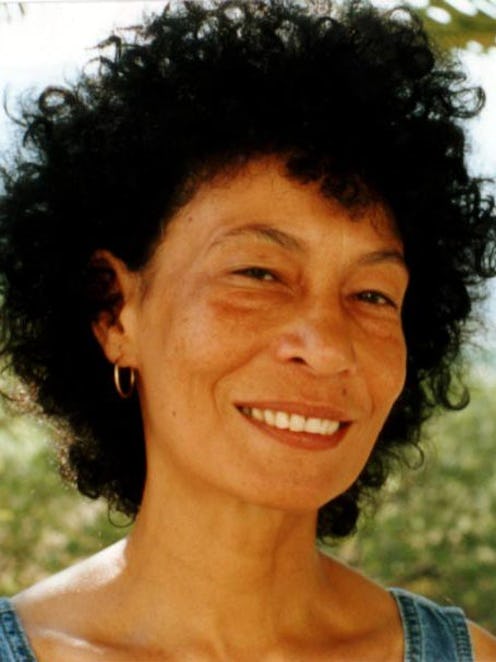Books
Wicomb's 'October' Examines Home and Heartbreak

“Mercia Murray is a woman of fifty-two years who has been left.” So opens Zoë Wicomb’s latest novel, October (The New Press). In a different kind of post-breakup tale, Mercia would cry over a carton of ice cream before pulling herself together and embarking on an exciting adventure of self-discovery. She would open a cupcake shop, maybe, or renovate a Tuscan villa. This is not that story.
It is October, a dark and drizzly time in Scotland, where she has been living for the last 25 years. Mercia packs her bags and returns to her homeland of South Africa. On the other side of the world, it’s the heart of spring. But there are no easy metaphors of hope and renewal here. Spring — and home — can be deceiving.
In her hometown of Kliprand, she visits her brother, his wife, and their five-year-old son. Her brother, wasting away from alcoholism, had summoned her with a strange letter, suggesting that Mercia might take the boy back to Scotland with her. Mercia had never wanted to be a mother and is confused by his request, but, in some of the most affecting scenes of the book, she makes an effort to get to know the child, accompanying him on little nature walks around his house.
Her visit home has stirred up difficult feelings: “Return has always been a tricky notion, teeming with thorns.” Wicomb makes great use of plant imagery and metaphors: Plants stay alive longer when they’re kept in the ground. They wither up quickly once they're plucked and placed in a glass. Some of her most evocative writing centers around the beauty of the veld, “God’s own country, mythopoetic home of wholesomeness, home to kalkoentjies bursting blood red into a new vernal world, home of healthy, simple pleasures seasoned with the plentiful salt of this earth.” The prose manages to feel both vivid and detached, from the perspective of this character who has learned to view her native country with a shrewd, unsentimental eye. Mercia, like her father, can’t help thinking that “the idea of home is overvalued.”
Mercia understands what it means to grow roots, to thrive in the dirt. At the same time, she knows her rootlessness grants her freedom. At the age of 52, her relationship over, she could move back to South Africa or return to Scotland. Or she could go somewhere else. Her freedom one tying her to any one place in the world.
For as much time as we spend in Mercia’s head, it’s hard to get to know her: She is an interior person who spends a great deal of time studying her own moods, analyzing her failed relationship, and reflecting on her notions of home. Returning to her native country after so many years away should afford a character the opportunity to change things up and develop, but Wicomb is more interested in quietly dissecting Mercia’s complicated family legacy, in language that is precise but distant. The story ends up taking the back seat to the sometimes plodding ruminations on the past. Both the present-day scenes and memories are related in the same calm, measured tones. The writing is beautiful and thought-provoking, but even the most emotional moments feel drained of blood.